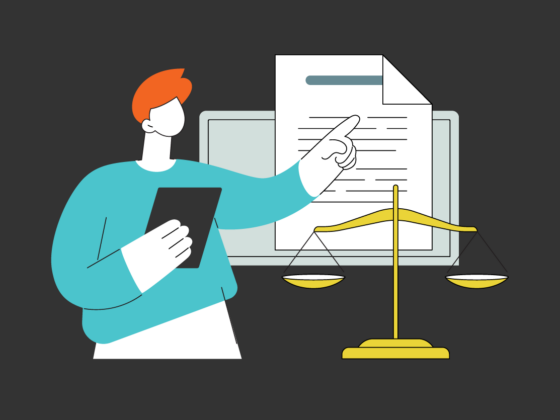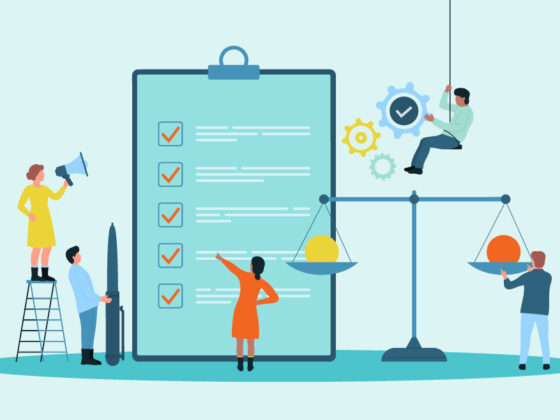Cost is still the most challenging problem in eDiscovery.
The volume and complexity of discoverable evidence in litigation is such that law firms are struggling to manage it in-house. As we’ve discussed before, the battle to control litigation support IT costs is being fought on two fronts – one, the overall firm technology infrastructure, and second, to provide case-specific support.
Problem One
The first problem is simply that firms are investing in expensive, difficult to support and maintain software and hardware to manage eDiscovery.
Law firm IT departments should focus on the core functions supporting the firm-wide infrastructure, like email and time and billing. Instead, in order to manage eDiscovery, new litigation software and hardware are bought, which becomes a cost drag as cases are drawn out or during dry periods between major engagements.
Problem Two
The second part of this problem is that these firms do not always know how to segregate and separate the eDiscovery cost for individual clients to pass on the specific costs for any given matter. The result is that most firms either do not bill for IT costs on a given matter, or they lump costs together and charge all clients a higher, less competitive rate.
Cloud computing for eDiscovery is the answer.
Cloud-based eDiscovery beats the problem on both fronts. First, law firms pay only for the data storage and services they provide to a customer, rather than for a server farm, software infrastructure, and in-house support team.
In the cloud, there is no software to maintain, and storage costs are only incurred as needed. Additionally, there is no reason matter-specific costs cannot be passed through — just like other legal fees — to the specific clients.
All Nextpoint users can make use of their “account dashboard” to remedy this. Individual matters are tracked with simple metrics for the volumes of data being stored, like number of documents, data imports and exports, activity, and users. Billing these functions becomes a simple and transparent function.
Corporate clients increasingly understand the eDiscovery cost. There is an understanding that law firms should not have to build, implement and support the servers, litigation software, and user support to command large volumes of electronic data in a litigation.
Many have responded to the challenge by taking eDiscovery servicing and hosting functions in-house. Instead, law firms that can demonstrate effective use of cloud platforms and technology not only control their own costs, but make it easy to pass these costs on to clients at a reasonable rate.






